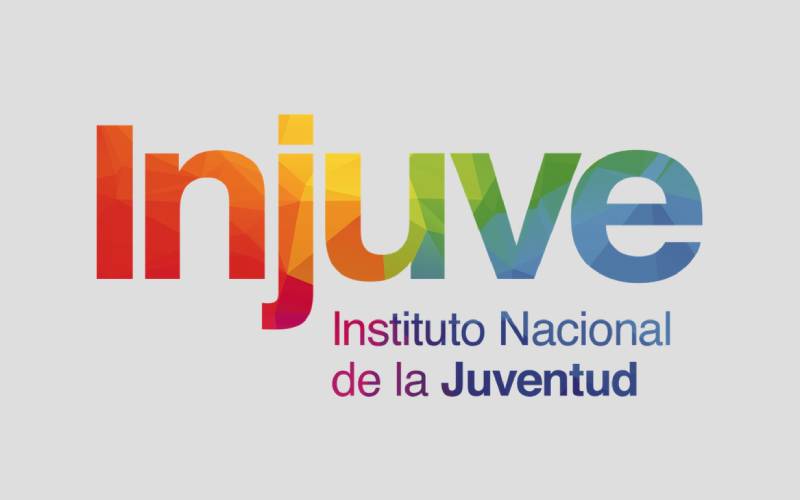15-21 May 2023 | Oviedo, Spain
“Facilitation ON & OFF” is a residential training course for youth workers, youth leaders and trainers who want to improve their competences in facilitation and group-management, with a strong focus on emotional dimension and dialogue support techniques.
Facilitation is at the core of youth work.
Nonetheless, many times, educators and NFE practitioners deal with groups and teams without the necessary equipment of knowledge, experience and tools in terms of emotional management, self-awareness and facilitation skills.
“Facilitation ON & OFF” is a training course for youth workers, youth leaders and trainers who want to improve their competences in facilitation and group-management.
Objectives:
- to acquire facilitation skills in non-formal education environments
- to discover new tools and techniques to work with youth groups
- to promote horizontal and participatory approaches to youth work
- to learn how to prevent, manage and transform conflicts constructively
- to support effective youth meetings and democratic decision making processes
Main contents:
- introduction to facilitation
- groups and teams
- roles, ranks, leadership and power dynamics
- conflict prevention and transformation
- emotional management
- effective communication and facilitation of intercultural dialogues
Methodology and pedagogical approach:
This training/learning experience is developed around three main principles:
REFLECTION: sharing experiences, debating and self-assessment about facilitation, youth groups and team management.
PRACTICE of facilitation techniques and tools.
TRANSFER of what has been learnt to the realities of the participants in order to improve their practice and the quality of youth work.
In relation to the “Competence Model for Youth Workers to Work Internationally”, this course will focus on: individual facilitation and group learning in an enriching environment, collaboration for successful teams, development of evaluation practices that generate and implement an appropriate change.
The methodology will be based on key principles of Non-Formal Learning and will combine theoretical inputs with experiential learning, sharing of good practices and personal stories, reflections and self-assessment. Participants will be invited to actively contribute to the training course through dynamic and interactive sessions, workshops, teamwork tasks, simulations, and debates.
More information at: SALTO

